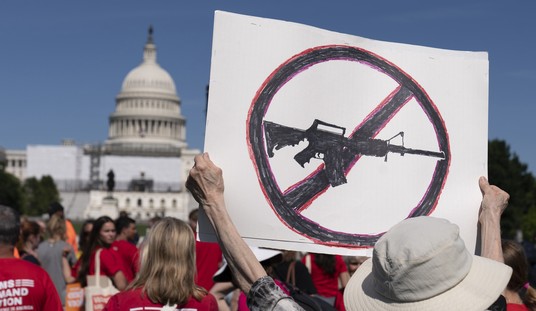A Minnesota man sentenced to more than 36 years for murder after shooting the man who robbed him will get a new trial after the state Supreme Court ruled that lower courts had erred in not allowing a jury to consider whether Robert Lee Baker was acting in self-defense when he fired the fatal shots.
It's been almost four years since Baker was arrested for the death of a man that stemmed from a drug sale gone wrong. And while the state Supreme Court says Baker should receive a new trial, an acquittal based on self-defense is far from a certainty.
Chief Justice Natalie Hudson wrote the opinion, which was unanimous except for Justice Theodora Gaïtas, who was not on the court when the case was submitted.
The opinion walks a delicate line because Baker got out of his car after he had been robbed and shot his victim in the back. “Whether Baker used a reasonable degree of force is a close call,” Hudson writes.
Court documents in the case explain how close.
Baker and his girlfriend were in Baker’s car selling drugs to a woman outside a hotel in Eagan in 2020 when two men climbed into the backseat. The men pointed guns at Baker and the women and told them to drive. Shortly after they took Baker’s wallet, keys, $2,000 in cash and his girlfriend’s purse.
Baker had a gun, too.
When the two men got out of the car, Baker followed and demanded they give him their stuff back. Baker claimed the two robbery suspects raised their guns. Baker fired 16 bullets at Maurice Antonio Anderson, struck him 11 times in the back and killed him.
Baker's attorneys wanted the jury to hear instructions on how the state treats self-defense and defense of others, but the country judge overseeing the murder trial denied that request, ruling that Baker "re-engaged" Anderson after the robber was over and the threat to his life had ceased.
The Minnesota Courts of Appeal concurred with the country judge's decision, saying that Baker had acted out of "vengeance", not self-defense. But in the opinion of the state Supreme Court, Baker still should have been allowed to raise a self-defense and defense of others argument, even if the jury was free to reject it.
Hudson writes, “A court must view the evidence in a light most favorable to the defendant,” when it comes to giving jury instructions.
She writes that Baker presented significant evidence that while he re-engaged with the robbers by exiting the car with a gun and demanding his property back, the robbery was still arguably in progress. Could Baker and the two women in his car have reasonably retreated? Hudson argues that if the robbery was still in progress when Baker left the car, and the two robbers raised guns at him when he demanded his property back, he did not have a reasonable ability to retreat.
It was also, “objectively reasonable to believe that the two women, who were also in the assailants’ line of fire, had no reasonable means to retreat.”
Even if Anderson was shot in the back, which would indicate he didn't pose a threat to Baker, he might very well have posed a threat to the two women who were with him at the time.
Hudson did write that whether Baker used reasonable force is a "close call" given the number of shots fired and the fact that Baker himself told authorities he "chased" the two robbery suspects, but the jury still should have been allowed to decide that for themselves.
This isn't an easy case and Baker isn't exactly the most sympathetic defendant, but I'm glad to see the Minnesota Supreme Court taking the right of self-defense seriously. Using lethal force to protect yourself or others might not always be as cut-and-dried as shooting an armed intruder in your home or a carjacker who's pointing a gun at your face, and the justices are correct in recognizing that a jury should be allowed to consider these complicated questions instead of a judge simplifying things by taking self-defense and defense of others off the table.








Join the conversation as a VIP Member